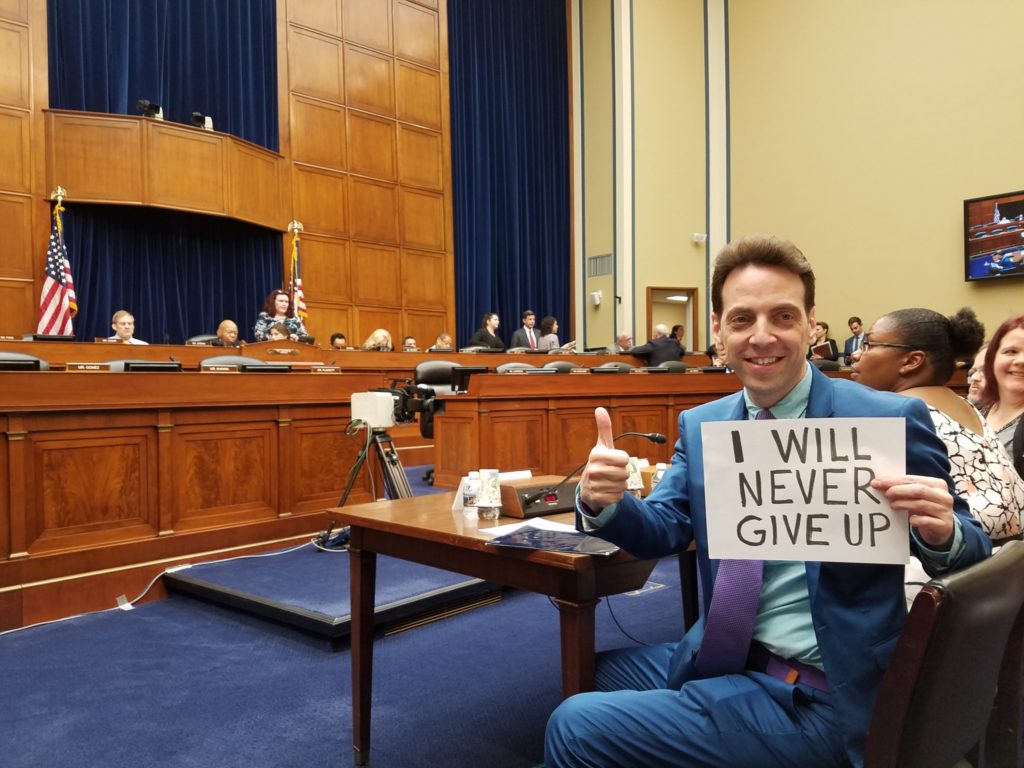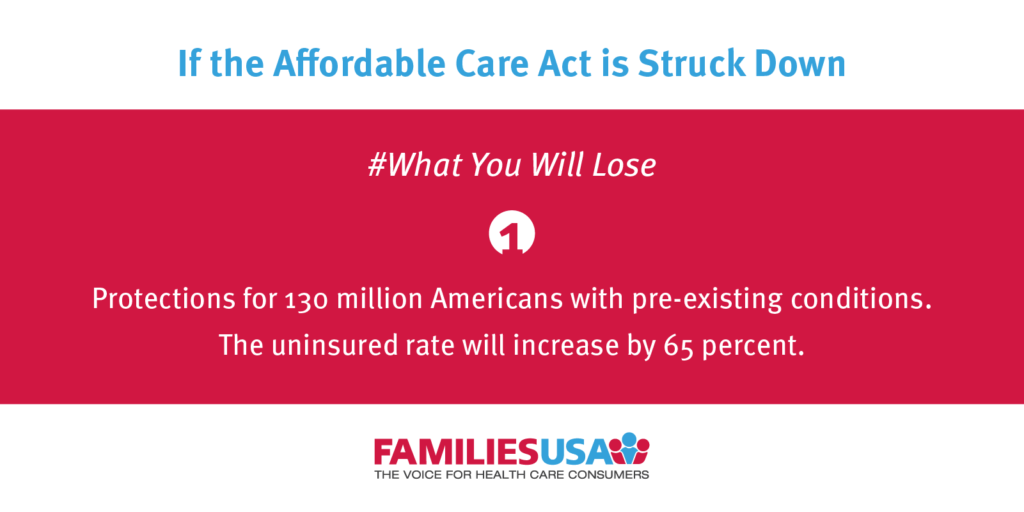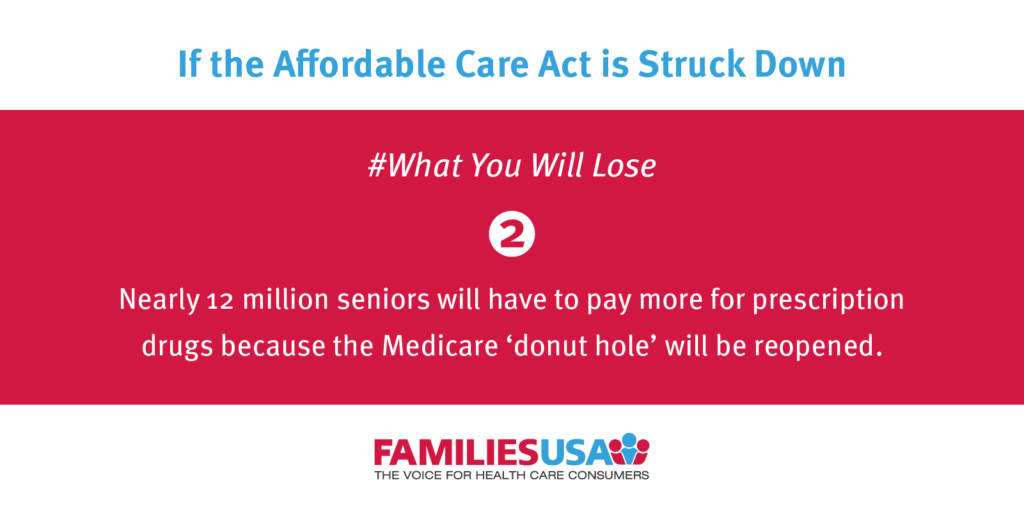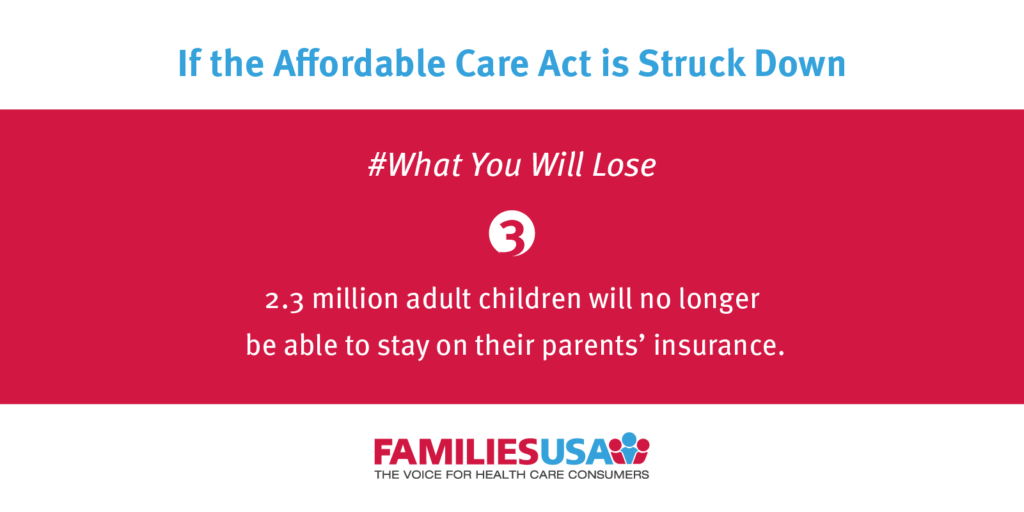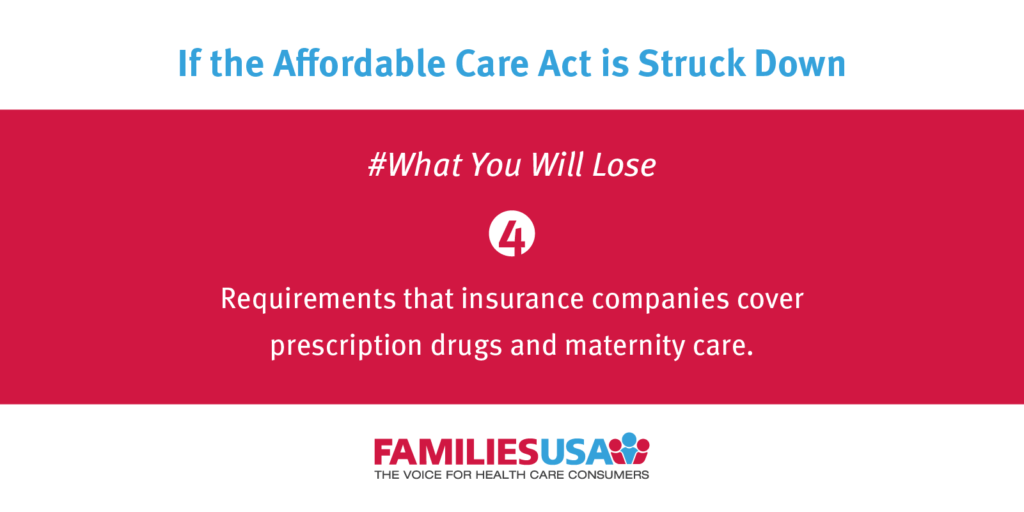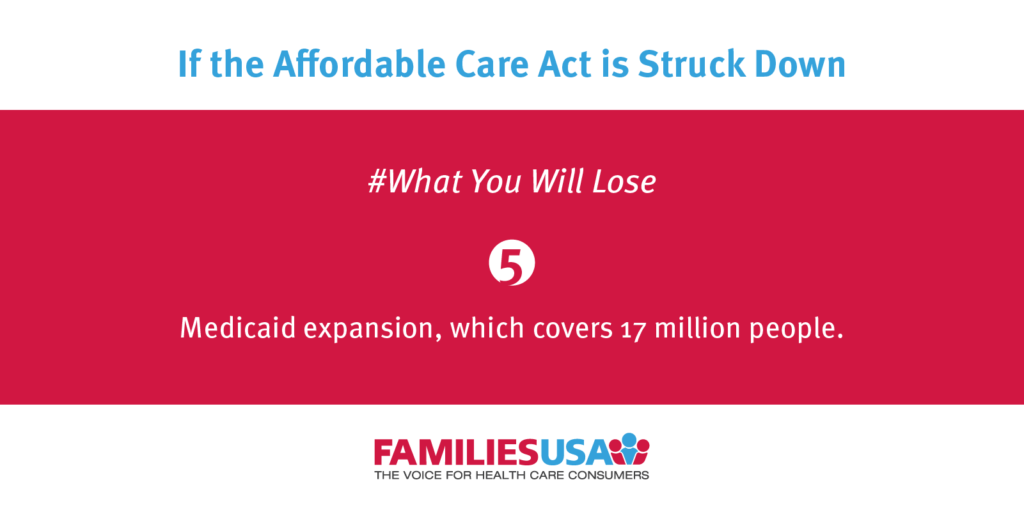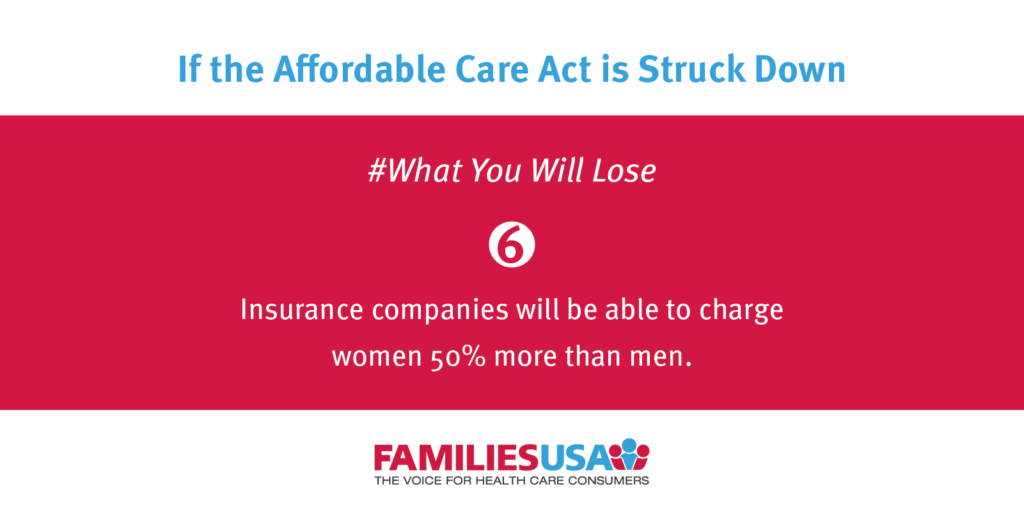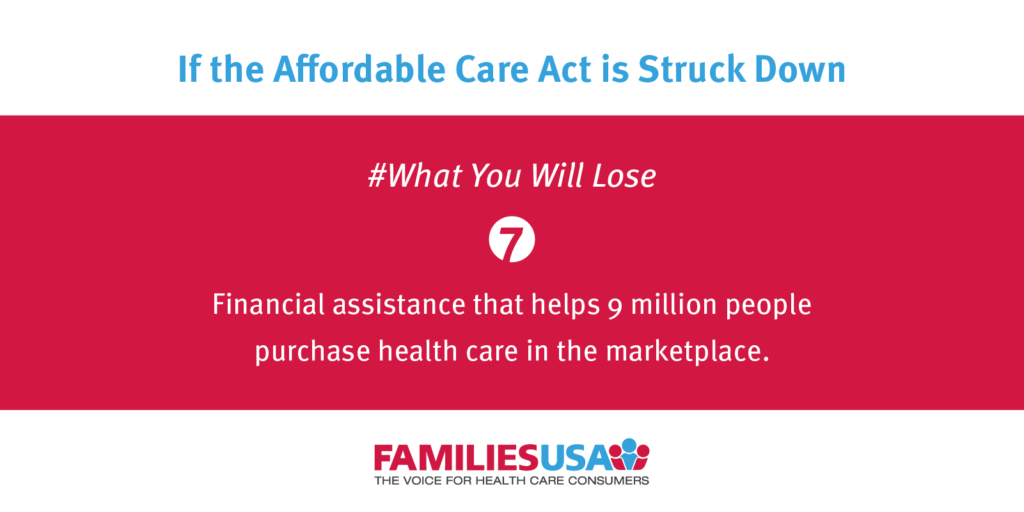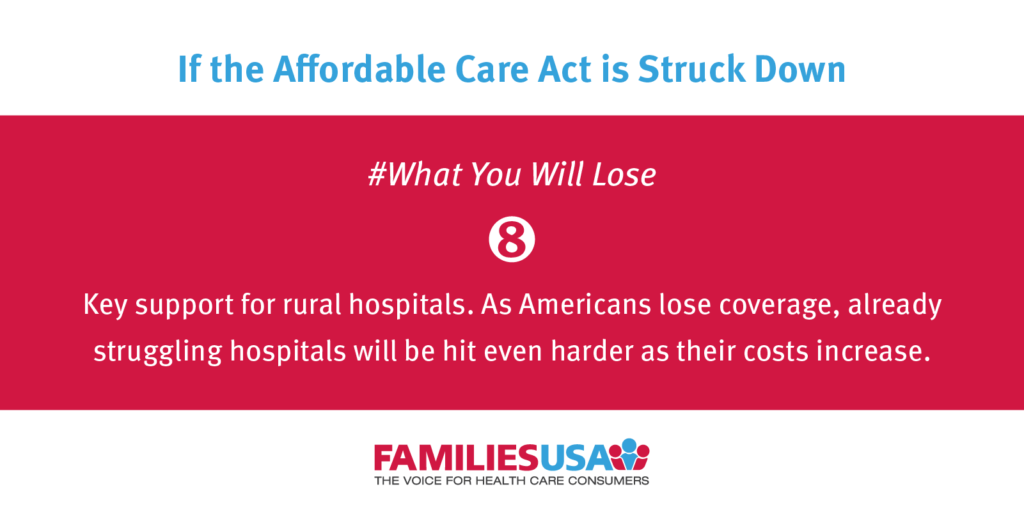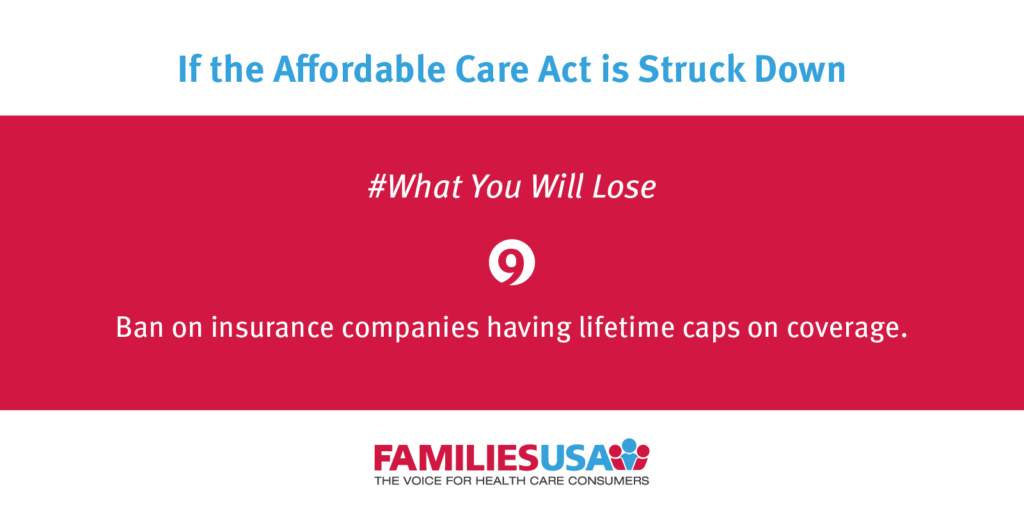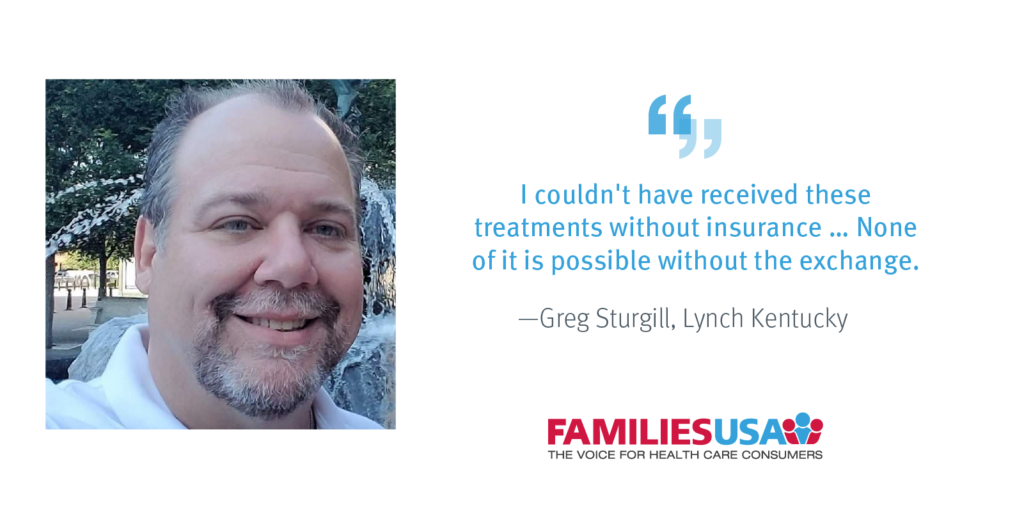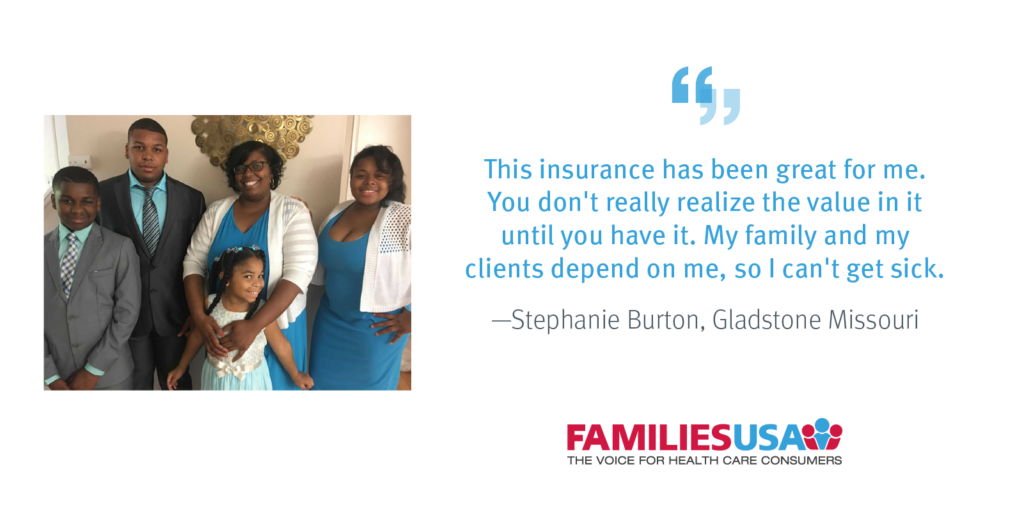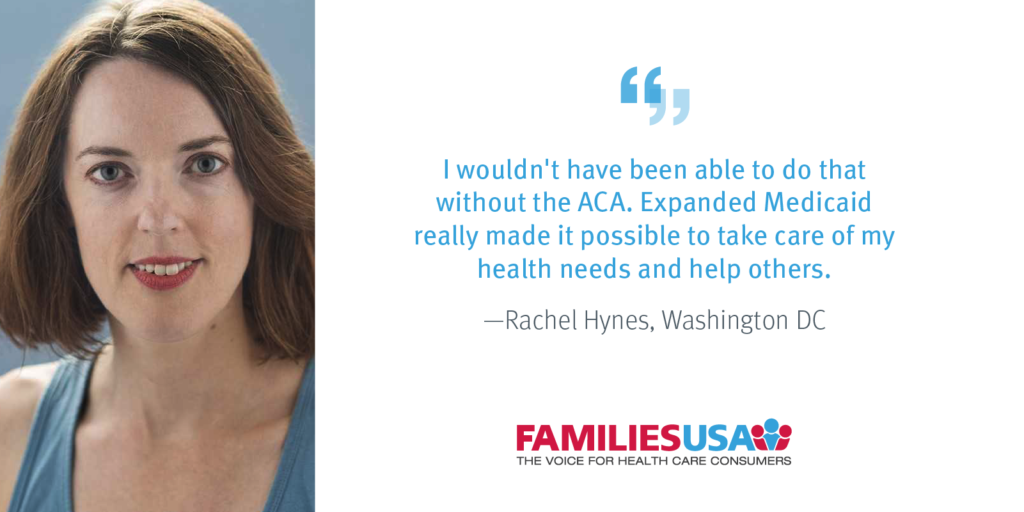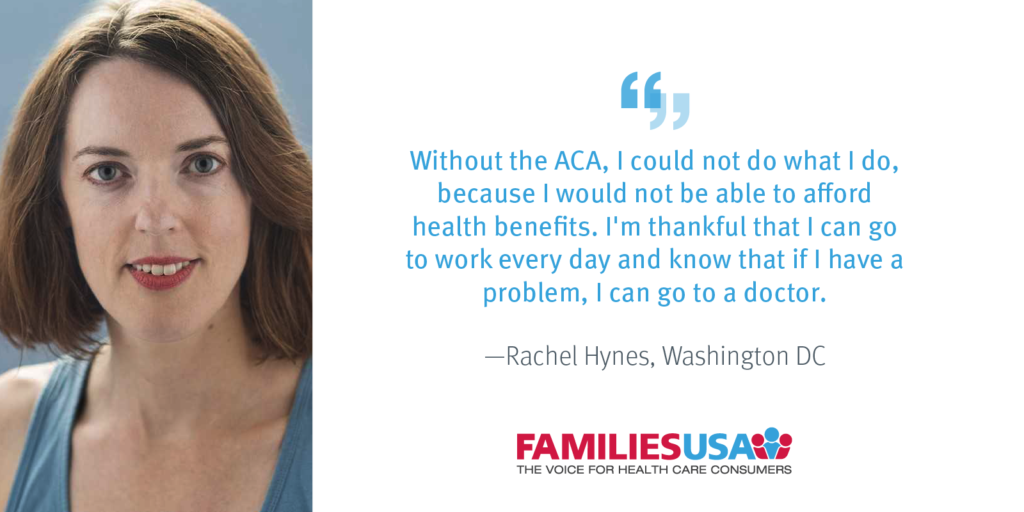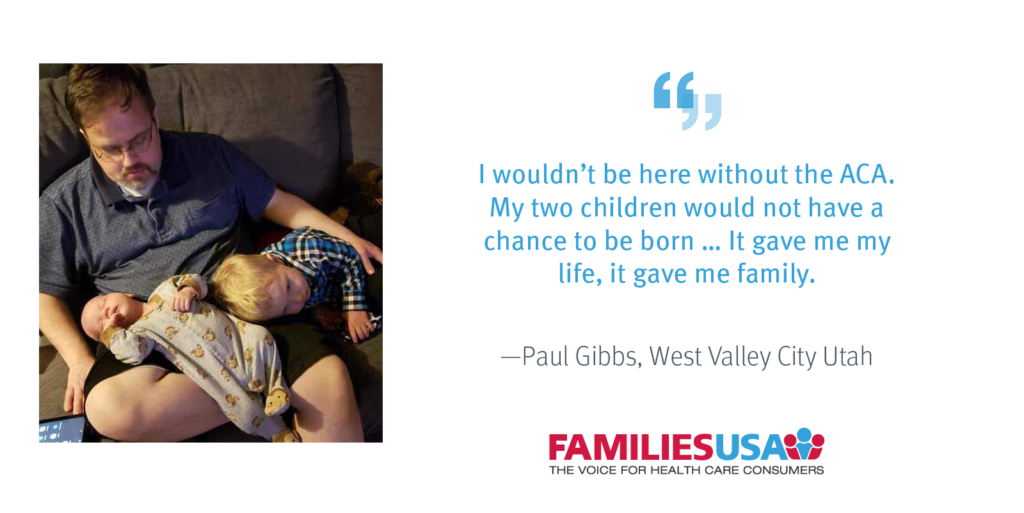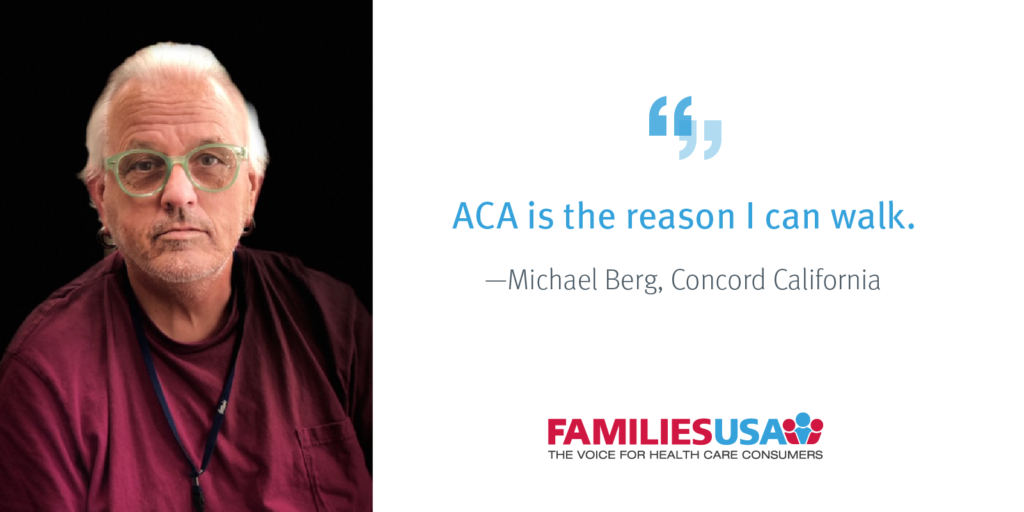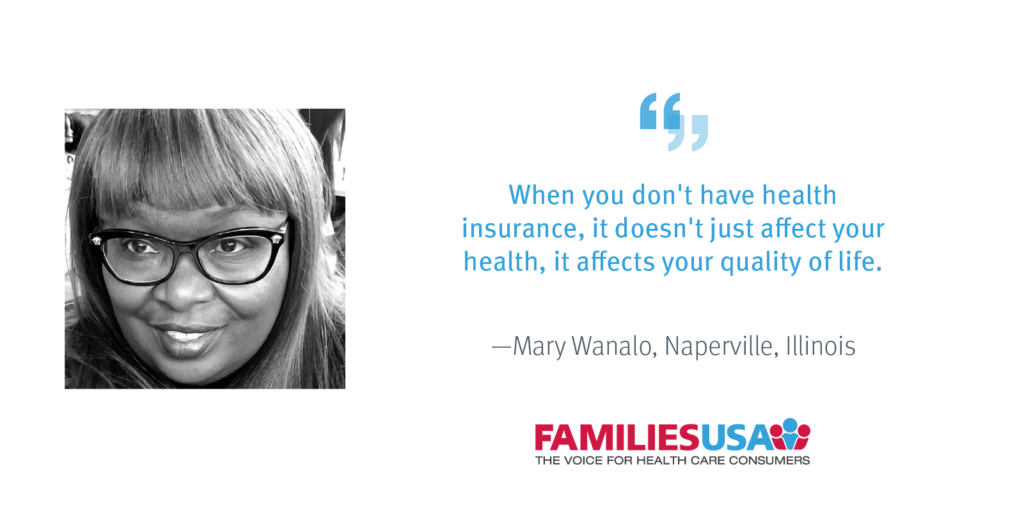Stories
Paul Gibbs
Paul Gibbs was born in with a serious medical condition in both kidneys, which required him to have 9 surgeries before he was 5 years old.
When he eventually needed a kidney transplant as an adult, he was uninsured, as it was very hard for someone born with serious medical issues to get insurance before the passage of the ACA. Paul had to rely on Medicare and Medicaid for the $79,000 surgery, but before he could even apply to Medicare, the insurance forced him to undergo 3 months of dialysis just to qualify, against the recommendation of his doctors. Paul was diagnosed with late stage kidney failure toward the end of the 2008, and couldn’t get his surgery until July 2009, despite his doctors saying he was fit for surgery the next day.
Thanks to the protections of the ACA, he was able to transition to private insurance within a few years and have his pre-existing condition protected. Because of this he is still here and his two sons, 3 years old and 4 months old, had a chance to be born. Paul’s younger son was born with a kidney condition that requires surgery. Without ACA protections, he would be branded for life and it would be nearly impossible for him to get insurance as an adult. Paul’s son had surgery on June 21 to prevent his right kidney from deteriorating more than it already has.
Paul credits the ACA with allowing him to live his life. “I wouldn’t be here without the ACA. My two children would not have a chance to be born… It gave me my life, it gave me family.”

Peter Morley
I have multiple conditions that would make a lapse of coverage disastrous, and through which I have seen the importance of the Affordable Care Act. I suffered a serious injury in 1997, before the passage of the Affordable Care Act, during a lapse in coverage. I had just begun a new job and was in the 3-month waiting period before my employer-based health plan would begin. I thus had to pay the costs of my physical therapy, epidural steroid injections, and medications out of my own pocket. Consequently, when I needed surgery after securing health insurance from my employer, my injury was considered a pre-existing condition, and all my claims were denied for the procedure. It was an incredible financial burden for years; totaling tens of thousands of dollars. Under HIPAA rules then in effect, an employer-based plan could deny coverage of pre-existing conditions for up to 12 months. The Affordable Care Act has since addressed this problem, prohibiting plans established after 2010 from excluding pre-existing conditions.
By 2011, I had suffered a series of disabling health problems. Including Kidney Cancer, which was found incidentally. I lost part of my right kidney and fought my way into remission. I obtained Medicare based on my disability and receive Medicaid intermittently through the “spend-down” provisions in months when I have significant medical bills.
I have benefitted from the Affordable Care Act’s requirement that Medicare pay for annual wellness checkups: through the checkup, I received in 2014, I was diagnosed with a suspicious mole on my back. Because was immediately referred to my dermatologist for a further screening, I was diagnosed with early-stage malignant melanoma. My life was thankfully spared from cancer, again.
At this point in my life, I have multiple conditions: lupus, Spinal Fusion Failure; Chronic Neuropathic Pain; Degenerative Disc Disease in both my cervical and lumbar spine; Renal Cell Carcinoma; BPH; Osteoporosis; Angiomyolipoma on my left kidney; Fibromyalgia; Sjogren’s Syndrome; Raynaud’s Phenomenon; Small Fiber Neuropathy; Nodular Regenerative Hyperplasia (non-cirrhotic Liver Disease) w/Portal Hypertension and Obliterative Portal Venopathy; and Adhesive Arachnoiditis (which there is no cure or successful treatment, and I am progressively losing the function of my right leg as it becomes paralyzed). I take 25 different medications daily, 38 yearly, and receive 12 lifesaving infusions yearly for my Lupus. Without access to insurance, I could not afford to pay for these medications and would lose access to my team of doctors. As a result, my disease would progress, and I could die.
The Affordable Care Act gradually closed the Medicare “donut hole,” saving me over $1000 annually in drug costs. Prior to the Affordable Care Act, Medicare would pay for a portion of my drugs until Medicare beneficiaries reached the “initial coverage limit” for the year. At that point, beneficiaries were responsible for all drug costs until they reached a catastrophic limit. The Affordable Care Act gradually phased down the amount people were required to pay out of pocket: in 2011, I was responsible for drug costs once I reached Medicare’s initial coverage limit of $2,840 until my spending reached the $4,550 threshold. Since that time, my out-of-pocket amounts have reduced significantly: the Affordable Care Act raised the initial coverage limit and provided me with manufacturer discounts on drugs until the donut hole was finally eliminated this year.
I have heard from thousands of other patients, caregivers and providers who have benefited and received help from the Affordable Care Act and who would be directly or indirectly devastated if the law was overturned. Some of their stories were noted in my July 10, 2019 testimony to the House Committee on Oversight and Reform. Additionally, I have helped a friend diagnosed with breast cancer to get coverage through an individual plan offered through the exchange, which has provided her access to life-saving treatment. Another friend, age 24, had been able to stay on her mother’s health plan to receive treatment for osteosarcoma.
If the Affordable Care Act does not remain in force, the ability to stay on a parent’s plan, receive individual coverage through the marketplace, receive annual check-ups through the Medicare program, and receive coverage without regard to pre-existing conditions will all end, harming me and people who are close to me. Despite my health challenges, I have flourished by the continuity of care provided to me by the Affordable Care Act. I am alive because of the ACA. And I am grateful to be here. As someone who has successfully navigated the ACA, I know how essential it is to protect our care. I also know that due to my advancing diagnoses I am thankful and appreciative for every day.
